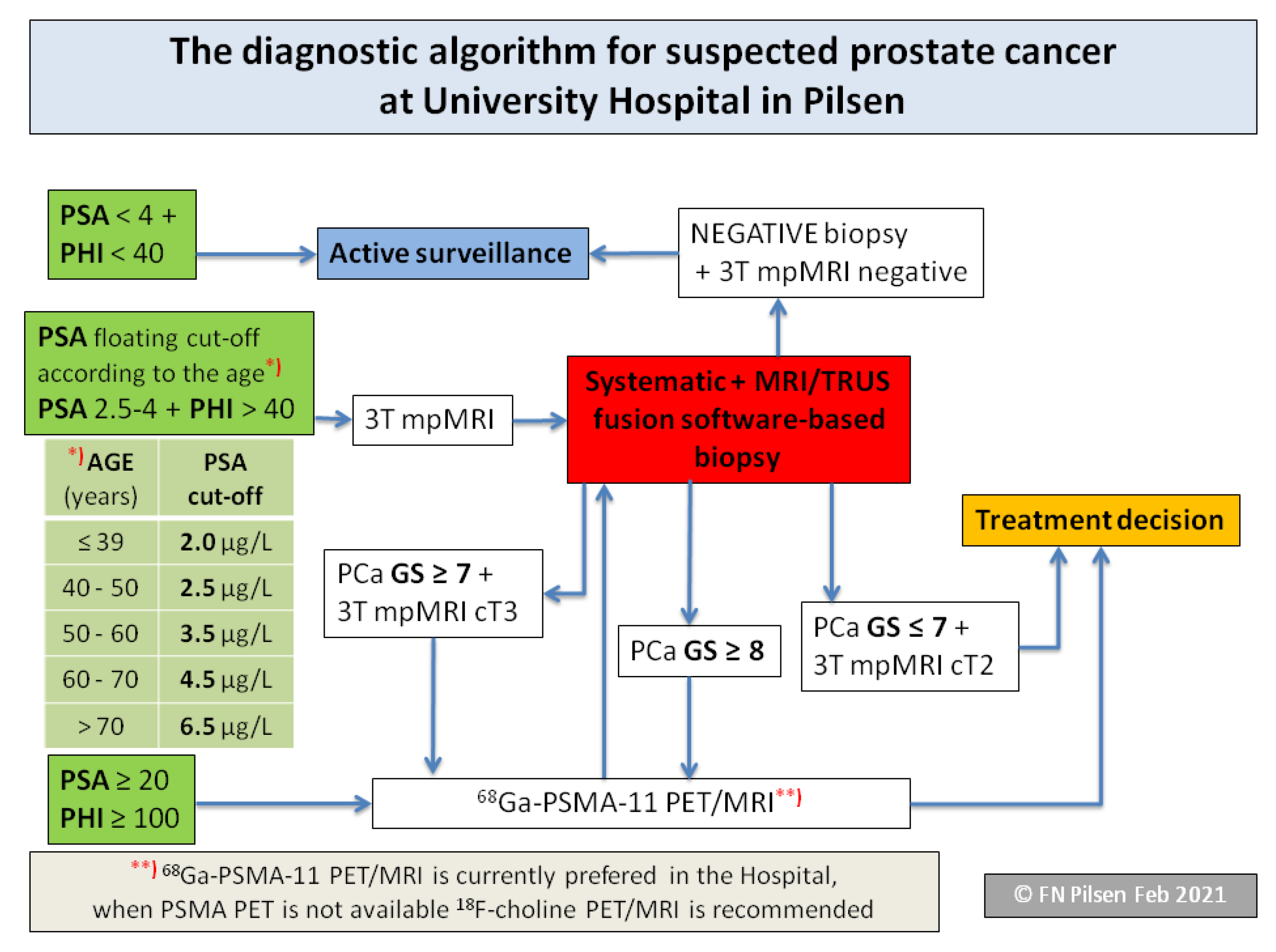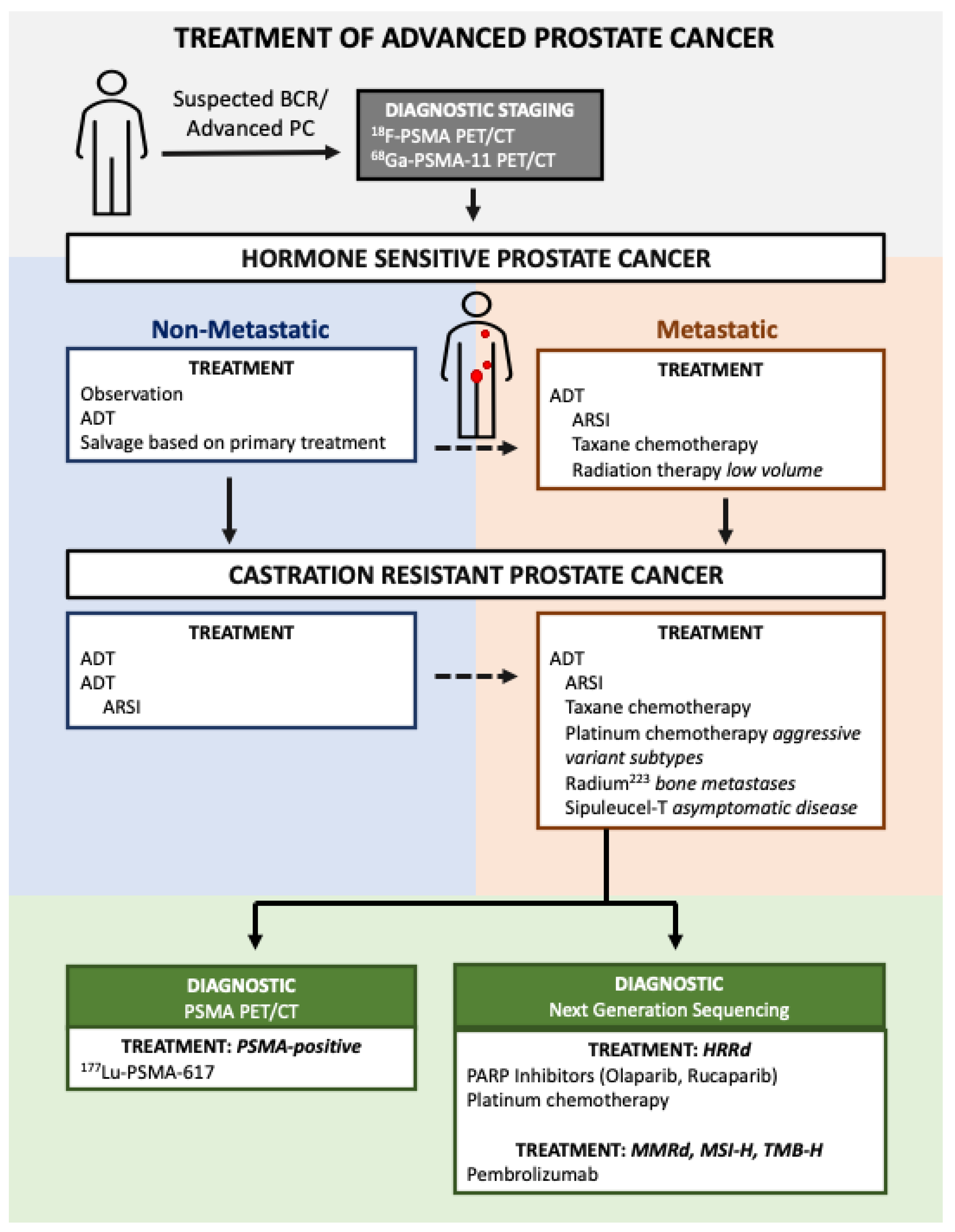The Best Prostate Surgeon In Mumbai PDFs
Wiki Article
Latest Research Study on Prostate Cancer Discovery and Treatment Alternatives
Recent advancements in the area of prostate cancer detection and therapy have sparked considerable interest among medical specialists and people alike. As scientists proceed to check out these innovative techniques and their ramifications for client care, the possibilities for more reliable and customized interventions in prostate cancer are becoming increasingly noticeable.Very Early Detection Techniques
Utilizing advanced screening methods is essential in the very early discovery of prostate cancer, as timely medical diagnosis significantly enhances treatment outcomes. Among the most common testing tests for prostate cancer is the prostate-specific antigen (PSA) blood examination. Elevated degrees of PSA might suggest the presence of prostate cancer cells, motivating additional diagnostic examinations such as an electronic rectal test (DRE) or a prostate biopsy. Nonetheless, the PSA test has limitations, as raised degrees can also be created by non-cancerous problems like benign prostatic hyperplasia or inflammation.In recent times, developments in imaging modern technology have actually led to the growth of more accurate analysis tools for finding prostate cancer. Multiparametric magnetic resonance imaging (mpMRI) is one such device that integrates various sorts of MRI series to produce comprehensive photos of the prostate gland. This imaging method assists in recognizing questionable locations that might necessitate further investigation with targeted biopsies. By including these advanced testing methods into routine prostate cancer testings, doctor can improve the possibilities of detecting the condition in its beginning when treatment is most efficient.

Hereditary Examining Developments
Given the advancements in diagnostic tools for discovering prostate cancer, the assimilation of hereditary testing advancements uses an appealing avenue for more improving early discovery methods. Genetic screening has the prospective to identify people with a higher hereditary tendency to prostate cancer, enabling targeted screening and personalized therapy plans. By analyzing particular genetic pens associated with prostate cancer, healthcare suppliers can better evaluate a person's risk account and tailor testing protocols as necessary.Moreover, genetic testing technologies can help in determining the aggression of prostate cancer, leading treatment decisions and enhancing client end results. Identifying mutations in genetics like BRCA1 and BRCA2 can affect treatment selections, such as choosing for a lot more aggressive therapies or getting involved in medical tests for targeted therapies.

Immunotherapy Improvements
What substantial development has been made in the world of immunotherapy for prostate cancer treatment? Immunotherapy has actually become a promising therapy alternative for prostate cancer cells, with current advancements revealing wonderful potential in improving patient results. One noteworthy development is the use of immune checkpoint inhibitors, such as pembrolizumab and nivolumab, which function by obstructing inhibitory pathways in the body immune system, permitting it to far better recognize and strike cancer cells. Clinical tests investigating the efficiency of these preventions in sophisticated prostate cancer cells have shown promising outcomes, with some people experiencing substantial actions and extended survival. Best prostate cancer doctor in Mumbai.An additional exciting area of research is the advancement of healing cancer cells injections that stimulate the immune system to target prostate cancer cells specifically. These advancements in immunotherapy hold great guarantee for enhancing end results for prostate cancer cells people and are leading the means for even more effective and customized treatment techniques.
Precision Medicine Approaches
Immunotherapy developments have led the means for accuracy medicine approaches in prostate cancer cells treatment, targeting particular hereditary modifications to tailor therapies for specific clients. Precision medication in prostate cancer involves recognizing crucial genetic anomalies or modifications within a client's tumor that drive cancer cells development. By understanding these distinct hereditary adjustments, oncologists can pick targeted therapies that are more probable to be effective for that specific individual. This technique supplies an extra personalized treatment strategy compared to traditional approaches, such as chemotherapy, which might not set apart between numerous genetic subtypes of prostate cancer.
With accuracy medication, patients can profit from therapies that are not only much more reliable but likewise possibly less harmful, as they are made to especially target cancer cells while saving healthy and balanced tissues. Furthermore, ongoing study is concentrated on identifying new hereditary markers and developing innovative targeted therapies to further boost the precision and effectiveness of prostate cancer use this link cells treatments. The integration of precision medicine into scientific method stands for a significant development in the administration of prostate cancer, using hope for improved outcomes and lifestyle for clients.
Emerging Treatment Modalities

Verdict
In final thought, the most recent study on prostate cancer detection and treatment choices has actually revealed substantial advancements in early detection techniques, hereditary screening innovations, immunotherapy methods, precision medicine techniques, and emerging treatment modalities. These developments hold promise for improving patient outcomes and have a peek here lifestyle. Best prostate cancer hospital in India. Proceeded research and partnership in this field are important to even more enhance our understanding of prostate cancer cells and create a lot more efficient treatment techniquesElevated my company levels of PSA might suggest the presence of prostate cancer cells, motivating additional diagnostic examinations such as an electronic rectal test (DRE) or a prostate biopsy.An additional exciting location of research study is the development of healing cancer cells vaccines that boost the immune system to target prostate cancer cells especially.Immunotherapy improvements have led the method for accuracy medication approaches in prostate cancer cells treatment, targeting details hereditary alterations to customize therapies for specific clients. Accuracy medicine in prostate cancer cells includes identifying key hereditary mutations or modifications within a patient's lump that drive cancer development.In conclusion, the most recent research study on prostate cancer cells detection and treatment options has actually shown considerable developments in very early detection techniques, hereditary testing technologies, immunotherapy methods, accuracy medicine methods, and emerging treatment techniques.
Report this wiki page